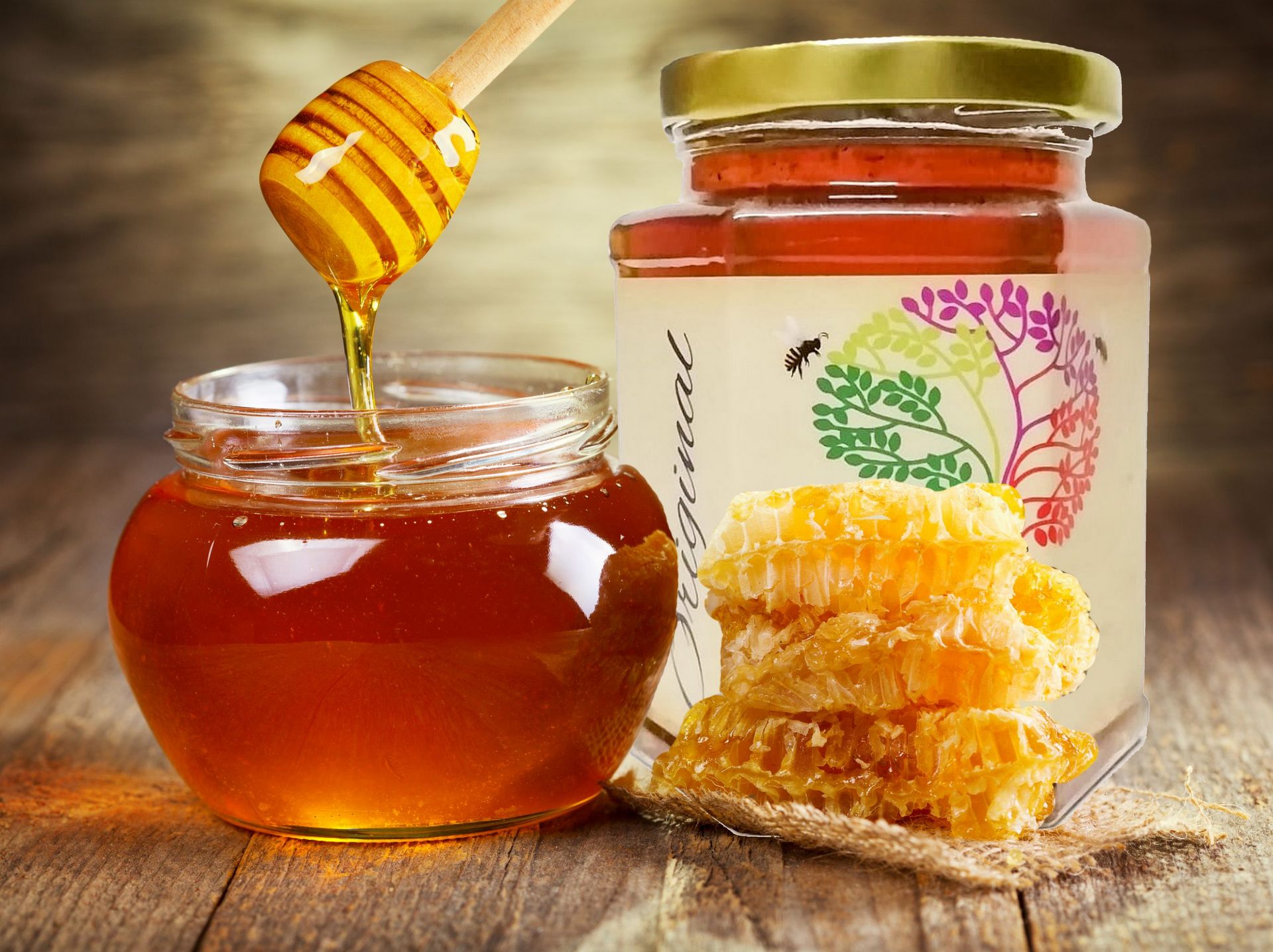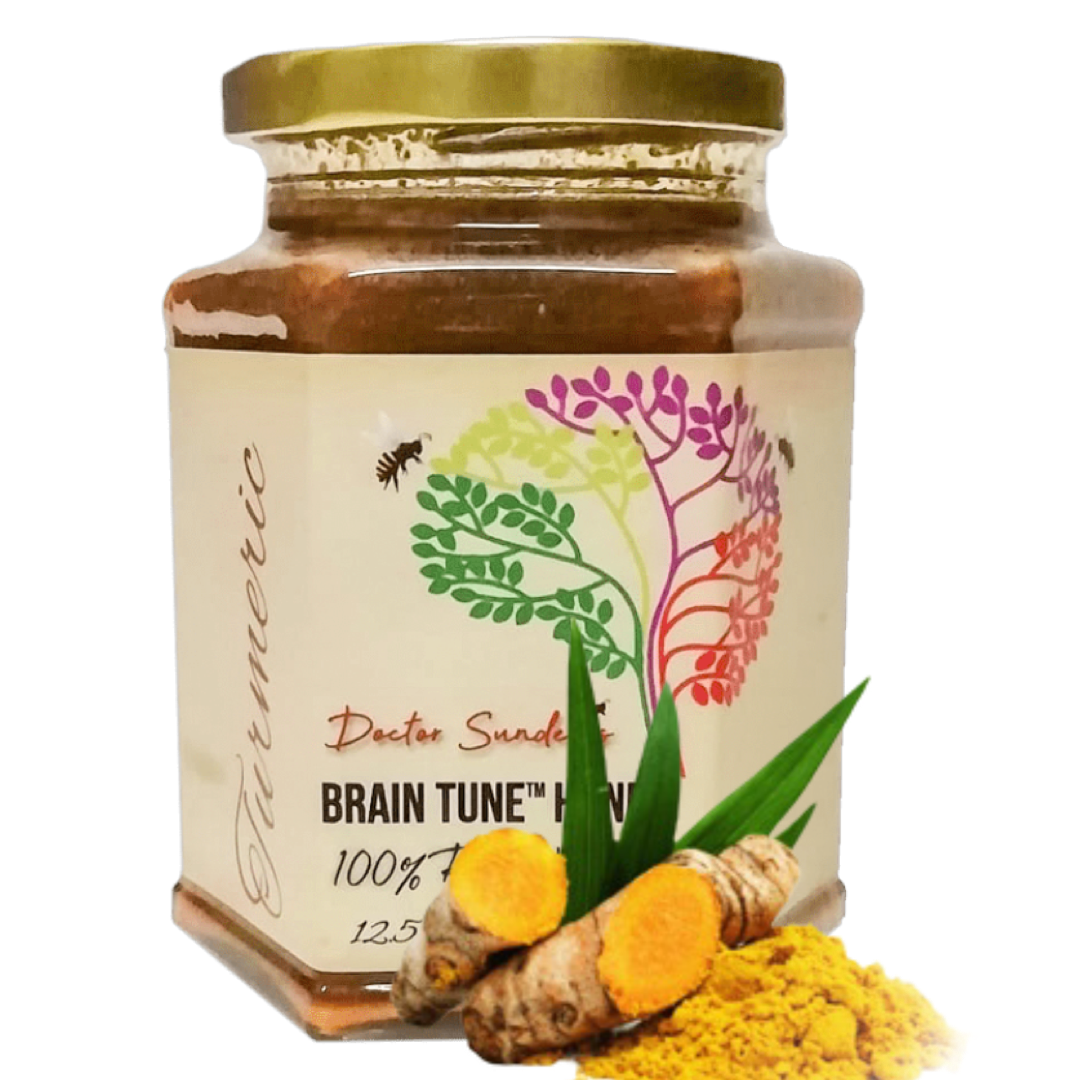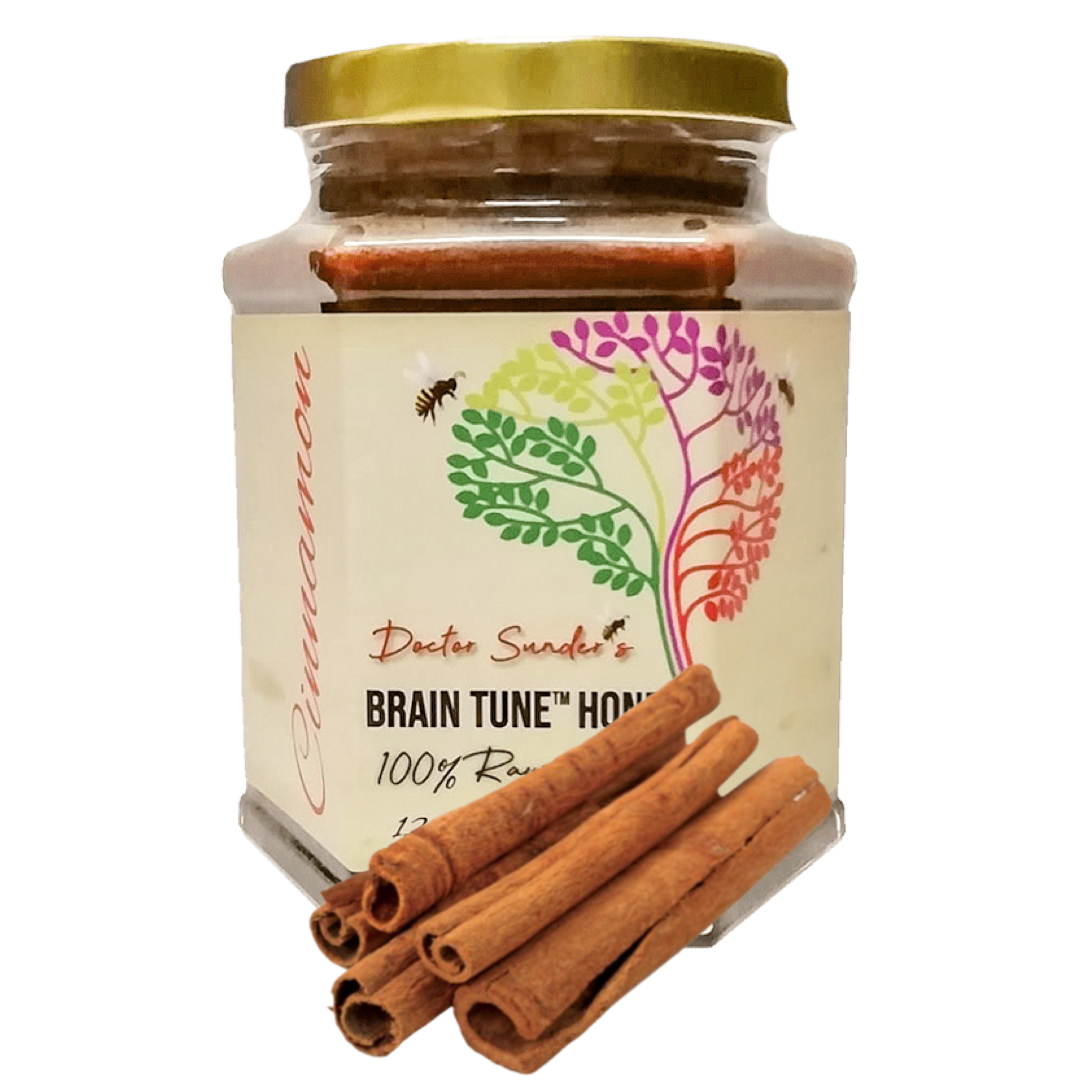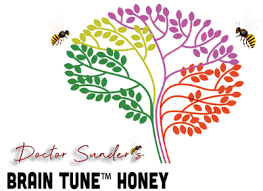Honey’s beneficial properties have been known for thousands of years. Some types of honey have just as many antioxidants as fruits and vegetables. These help to protect your body from cell damage due to free radicals. Research has shown that raw honey can also kill unwanted bacteria and fungus.


Ginger has a very long history of use in various forms of traditional medicine. It has been used to help digestion, reduce nausea, especially for pregnant women and help fight the flu and common cold, to name a few. Ginger is also an anti-inflammatory helping to reduce indigestion and menstrual pain.
Although cinnamon has its uses as an aromatic in perfumes and as a flavoring additive in a variety of foods, it also brings to the table several healthful properties for your overall health. Boasting high levels of antioxidants, cinnamon is noted for its anti-inflammatory properties as well as boosting metabolism. It also reduces insulin resistance in diabetics.


Although cinnamon has its uses as an aromatic in perfumes and as a flavoring additive in a variety of foods, it also brings to the table several healthful properties for your overall health. Boasting high levels of antioxidants, cinnamon is noted for its anti-inflammatory properties as well as boosting metabolism. It also reduces insulin resistance in diabetics.
Turmeric may be the most effective nutritional supplement in existence. Many high-quality studies show that it has major benefits for your body and brain.
A relative of ginger, this vivid yellow-orange spice is common in Indian, Southeast Asian, and Middle Eastern cooking. It’s also been used as medicine in places like India for centuries to treat issues such as breathing problems. Lately, turmeric has been touted as a super food that can fight cancer, ease depression, and more. Find out what turmeric can — and can’t — do for your health.

